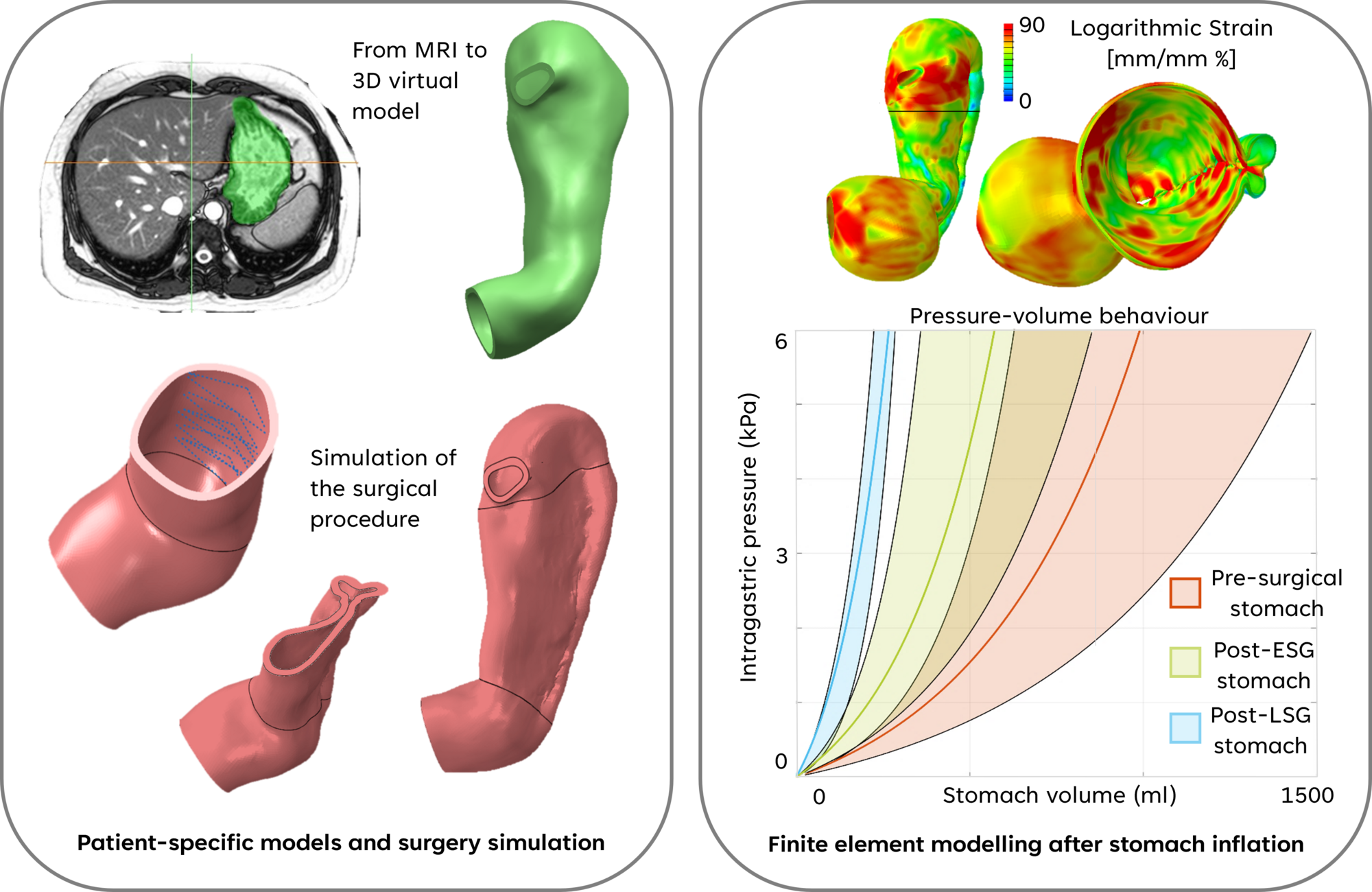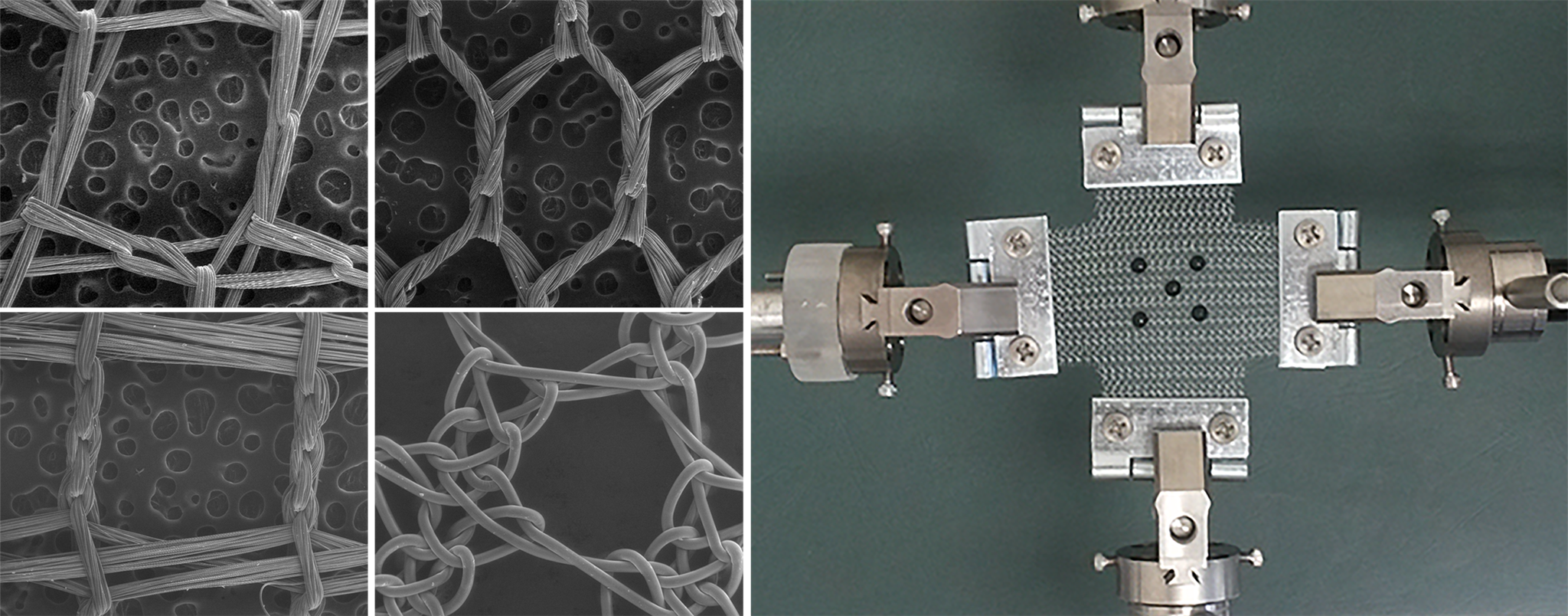Gastroenterological Sciences
Research
Research activity for CMBM is mainly on new mini-invasive surgical procedures to repair incisional and inguinal hernias with biologic prosthetic meshes and surgical colorectal and proctological techniques that use prosthetic materials in the treatment of rectocele, fistulas, rectal prolapse. The aim of the research activity, in collaboration with other CMBM groups, is to find the best prosthetic material to treat specific diseases of abdominal wall and in coloproctology. Relevant attention is paid to the investigation of the functional response in condition of abdominal hernia repair. Particular improvement in the evaluation of the functional response of synthetic meshes are defined by consideration of the active response of the complex muscular regions in abdominal area. The gastrointestinal tract is the primary district of the living organism that shows a complex configuration in terms of biological tissues and structural conformation. The investigation of tissues mechanical functionality in healthy and degenerative conditions is mandatory to plan and design innovative diagnostic and surgical procedures. The development of computational models of gastrointestinal structures requires data from histological analysis and mechanical testing, together with engineering and mathematical skills for the definition of constitutive formulations and computational models. The developed computational tools are exploited to analyse the mechanical functionality of different gastrointestinal structures, with particular regard to the colon and the stomach. The actions aim to the reliability assessment and the optimization of surgical procedures and devices. In particular, recent activities pertain to the definition of engineering tools for a more rational approach to bariatric surgery.
Educational Program
Educational activity is offered atPadova University. The group offers a Master in Surgical Techniques in Proctology, and Practical Courses on Colorectal Surgery. Educational program fordoctors specializing in General Surgery consists of clinical activity at the University Hospital and at the Experimental Surgical Center.
Equipment
Instruments for Laparoscopy, Endoscopy, Transanal Endoscopic Microsurgery, Laser, Ultrasonic Scalpel, Endosonography, Manometry.

Computational approach to bariatric surgery: finite element modeling entails the identification of stomach functionality depending on surgical technique

Synthetic surgical meshes for hernia repair: scanning electron microscope images and mechanical testing